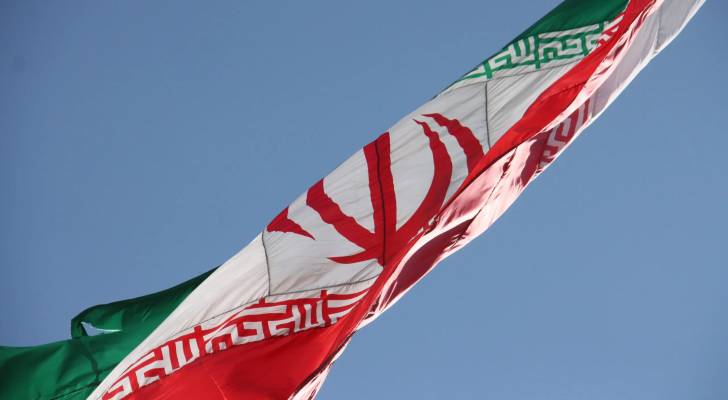UN reimposes sanctions on Iran as nuclear deal collapses
The United Nations reimposed sweeping sanctions on Iran late Saturday, a move Tehran has vowed to resist, amid allegations it breached the 2015 nuclear agreement designed to block its path to a nuclear weapon.
The measures, which took effect at 8:00 PM EDT, mark the collapse of a deal once struck between Iran and six world powers, the US, Britain, France, Germany, Russia, and China. The snapback mechanism was triggered a month ago by Britain, France, and Germany, accusing Iran of exceeding nuclear limits. Iran has consistently denied that it is pursuing nuclear arms.
Iranian President Masoud Pezeshkian appeared to play down the looming sanctions, saying before departing New York, “It is not like the sky is falling.” Still, Tehran has warned of a “harsh response” to the measures. On Saturday, it recalled its ambassadors to Britain, France, and Germany for consultations.
Russian Foreign Minister Sergei Lavrov sharply criticized the move, arguing that the sanctions lacked legal basis. “It is unlawful, and it cannot be implemented,” Lavrov said, adding that he had cautioned UN Secretary-General Antonio Guterres against recognizing the return of sanctions, calling it “a major mistake.”
The European trio had previously floated the possibility of delaying sanctions for up to six months if Iran granted wider access to UN inspectors and engaged in talks over its uranium stockpile. However, European officials claim that Tehran has failed to take the necessary steps.
Iranian Foreign Minister Abbas Araqchi accused the West of shutting down diplomacy, posting on X, “In past days and weeks, Iran has put forward multiple proposals to keep the window for diplomacy open. The E3 has failed to reciprocate while the US has doubled down on its dictates.”
The sanctions regime, originally enforced between 2006 and 2010, will again ban uranium enrichment, ballistic missile activity, and arms sales to Iran. It also includes travel bans and asset freezes targeting dozens of individuals and entities linked to Tehran’s nuclear and defense programs. Countries worldwide will be empowered to seize prohibited materials and block Iran from commercial ventures involving nuclear technology.
While European Union sanctions are expected to follow next week, Pezeshkian insisted Iran would remain within the Non-Proliferation Treaty. But the return of international penalties signals the most severe blow yet to the nuclear pact, and threatens to inflame already volatile tensions in the Middle East.




